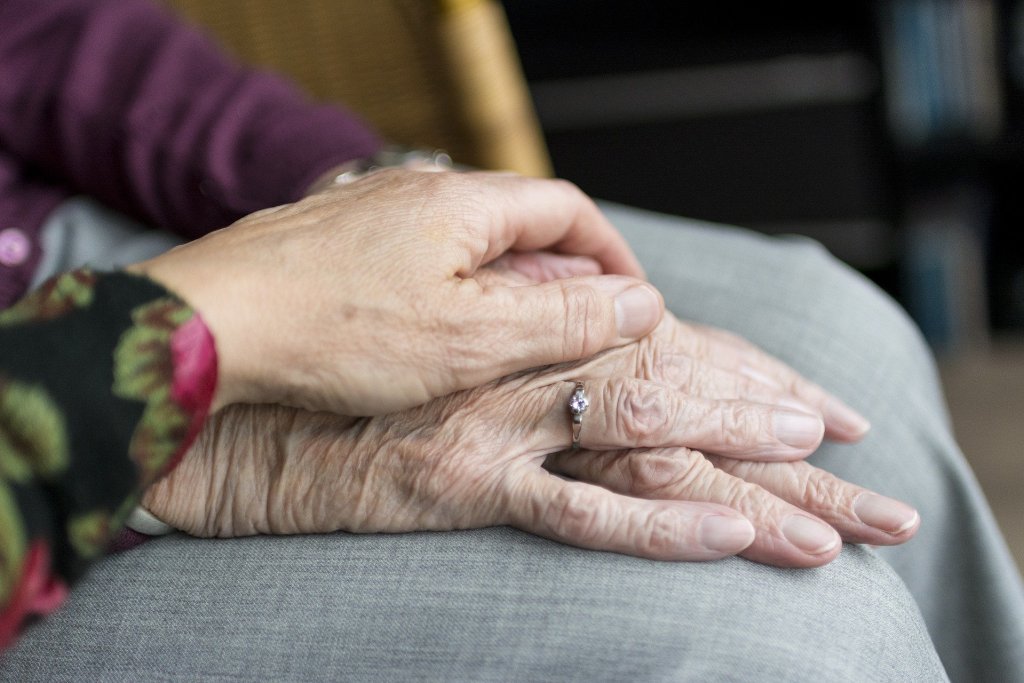Deciding to move an elderly loved one into residential care marks a significant life transition that can be both emotionally and logistically challenging. As loved ones age, their needs may evolve, making it hard for them to live independently at home.
This realization can be painful, as it may feel like a loss of autonomy for them and a shift in your caregiving role. While this process can be overwhelming, it’s essential to approach it with empathy, patience, and a commitment to making the best decision for your loved one’s overall quality of life.

Involving your senior loved one in the decision-making process, addressing their concerns, and providing emotional support can make the transition as seamless as possible. If you’re uncertain where to begin, here are some strategies to help your elderly loved one adapt comfortably:
- Understand The Options
Before you begin with the transition and find a reliable nursing home Gold Coast, it’s critical to explore the various types of residential care available. From assisted living facilities that offer a degree of independence to nursing homes providing round-the-clock care, understanding each option helps you make an informed decision that best suits your loved one’s needs.
- Communicate Openly
Open communication is the foundation of a smooth transition. Talk with your loved one about their preferences, fears, and expectations. This dialogue not only helps in making them feel involved and respected but also in aligning their needs with the chosen facility’s offerings.
Caring for an elderly parent requires a delicate balance of respect for their independence and concern for their well-being. Through initiating open and honest conversations, you can bridge the gap between personal desires and practical requirements, ensuring decisions are made with mutual understanding and respect.

- Visit Together
Exploring potential facilities together can mitigate anxieties and encourage participation in the decision-making process. Seeing the environment first-hand allows you and your loved one to:
- Assess the cleanliness, safety, and overall vibe of the place, ensuring it matches your expectations and their needs.
- Interact with staff and residents to get a feel for the community atmosphere, which is crucial for your loved one’s social engagement and overall happiness.
This kind of experience makes the idea of moving less intimidating, aiding greatly in the emotional transition.
- Plan The Move Carefully
Planning the move carefully is essential for a smooth transition to residential care. It means taking a detailed inventory of what items to bring, ensuring they fit comfortably in the new space without cluttering. Consider the following:
- Decide on Essentials: Focus on items that are necessary for daily living and those that hold significant sentimental value. This includes clothing, personal care items, and cherished keepsakes.
- Coordinate Logistics: Arrange for a moving service or enlist the help of family and friends. Decide on a moving date that aligns with both your schedule and the facility’s availability.
- Prepare for Day One: Pack a separate bag with essentials for the first few days. Include medications, important documents, and a few comfort items, so they’re readily available without having to unpack everything immediately.
When done properly, you can reduce the stress associated with moving, making the transition smoother for your loved one.
- Personalize The New Space
Personalizing the new space goes beyond mere decoration; it’s about creating a familiar and comforting atmosphere that resonates with your loved one’s life story and preferences. Incorporate items that hold sentimental value, such as family heirlooms or a cherished collection.
Such items can serve as a daily reminder of happy memories and personal accomplishments. Moreover, this thoughtful customization eases the transition and makes the new environment feel truly like home.
- Seek Support
You don’t have to navigate this journey alone. Support from friends, family, and elder care professionals can offer emotional solace and practical advice. A supportive network can provide diverse perspectives and solutions, lightening your load.
Professionals in elder care can offer essential guidance, ensuring informed decision-making that benefits your loved one. Remember, seeking support is a sign of strength and can profoundly influence the transition’s outcome.
- Take Care Of Legal And Financial Matters
Addressing legal and financial affairs is a practical step that cannot be overlooked, especially when it comes to residential care homes. Ensure all necessary documents are in order and financial arrangements for care are settled to avoid any complications down the line. It includes setting up or reviewing any existing wills, power of attorney, and health care directives.
It’s also wise to consult with a financial advisor to be sure that your loved one’s resources are managed effectively, safeguarding their long-term well-being.
- Monitor The Transition
Keep a close eye on how your loved one is adjusting to their new environment. Regular check-ins can help identify any issues early on, ensuring that they are addressed promptly to facilitate a positive experience in their new home.
Conclusion
Residential care can provide the support and care your elderly loved one needs while allowing them to maintain their independence and dignity. By involving them in the process, addressing their concerns, and providing emotional support, you can help make the transition as seamless as possible. Remember, your love and commitment are the most valuable assets in this journey.

Leave A Comment